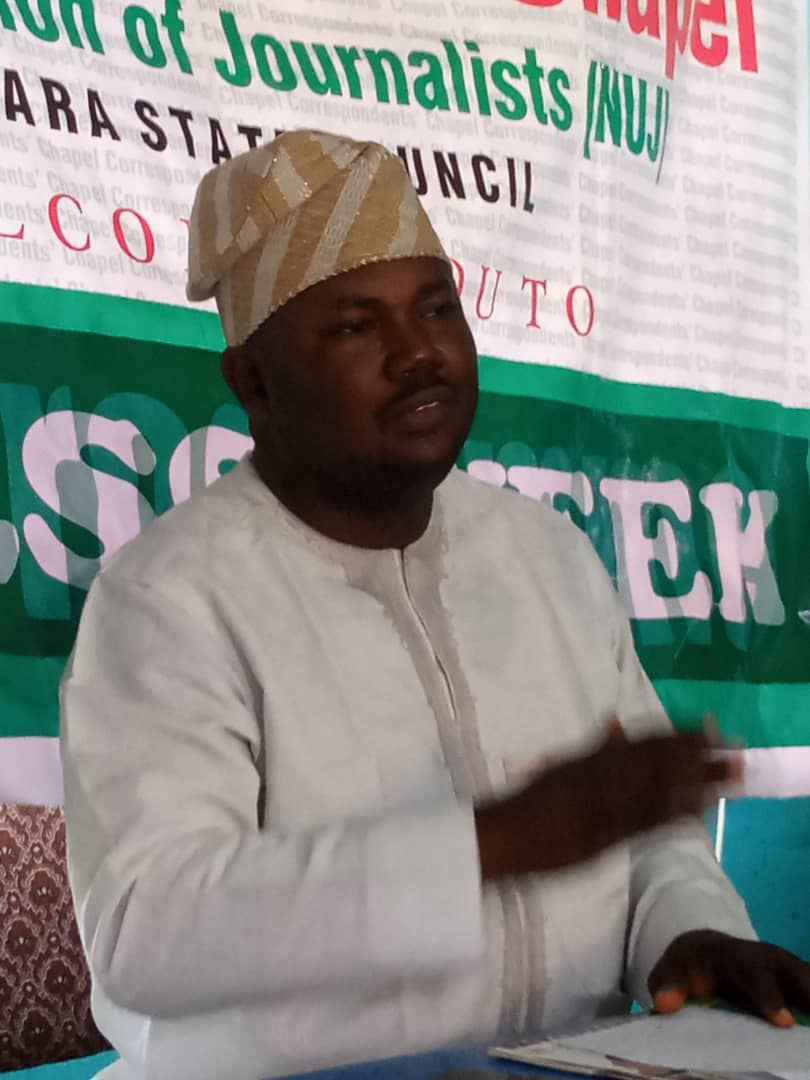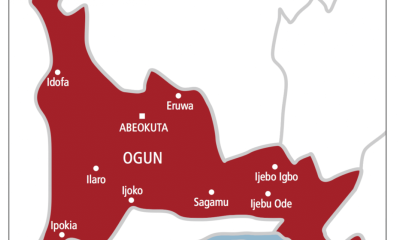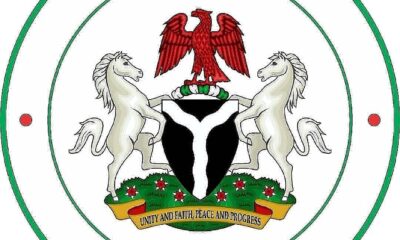News
Kwara To Use Modern Technology In Building Public Toilets

By Steve Oni, Ilorin
Kwara state government has disclosed that it would adopt the use of modern technology in building public toilets across the three senatorial districts of the state in order to put an end to open defecations in the state.
Senior Special Assistant to Governor AbdulRahman AbdulRazaq on Community Intervention, Mr Kayode Oyin- Zubair, who made the disclosure at a parley with journalists in Ilorin, the state capital, said Governor AbdulRazaq was committed to putting an end to open defecations in the state.
Oyin-Zubair said the state government would borrow samples of modern toilets built from other countries with a view to replicating them in the state, adding that the state government has already commenced the construction of public toilets in strategic locations across the state.
He commended the efforts put in place by the federal government to reduce open defecations not only in Kwara state but also the country at large.
The governor’s aide explained that the state government would soon commence enlightenment campaigns on the need for the residents to shun filthy habits that would make them spend their hard earned money on medication.
Unveiling the state government’s economic and development plans for its people, the SSA stated that the approach would follow the UN protocol of bottom-up approach starting from the communities.
Oyin-Zubair said: “My office, which is a new addition and novel in the country, will be focused on three cardinal points: people, places and prosperity.
Within these ambits, the state government is hoping to push a community driven economic development project in consonance with the UN’s bottom-up rural development initiatives.
“Going by plans of the state government, the near moribund community development associations, CDAs, in various parts of the state and settlements would be freshened up and given new structures and status.
“In the past, we had community liaison officers who were civil servants without knowledge on how to engage on these critical grassroots structures. We have done a great deal of reorientation, using global standards to help them to see how they can improve on their work.”
He added that the CDAs would be restructured and registered as a form of authority to liaise with the state government. Their new roles, he said, would help in identifying cottage industries peculiar to their areas so that government can render needed help to them. The state, he added, currently has 700 CDAs which would soon have their own administrative structures.
-

 News4 days ago
News4 days agoBad Roads In Obaagun Township: An S.O.S. to Governor Ademola Adeleke By Dr. Wale Atoba
-

 News3 days ago
News3 days agoWomen Empowerment Takes Center Stage As UACC President, Rev’Owoyemi Declares Open 2024 UACC Women’s Conference In Ibadan
-

 News4 days ago
News4 days agoCSO Faults FIJ’s Reports On Ibrahim Egungbohun Dende, Says It’s Campaign Of Calumny
-

 Foreign News5 days ago
Foreign News5 days agoHow Nigerians Who Want To Japa To UK Can Become British Citizens












